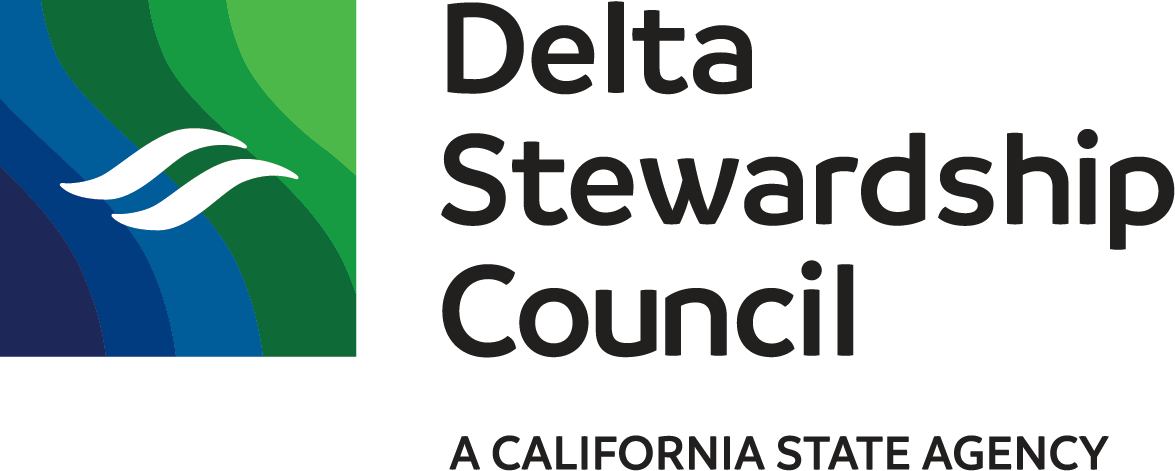About the Delta Science Program
The Delta Science Program was established to provide scientific information and syntheses for the state of scientific knowledge on issues critical for managing the Bay-Delta system. This knowledge must be unbiased, relevant, authoritative, integrated across agencies, and communicated to stakeholders. The Delta Science Program supports the Delta Plan by promoting adaptive management and the use of best available science. The Delta Lead Scientist is responsible for leading, overseeing, and guiding the Delta Science Program. The Interagency Ecological Program Lead Scientist is housed within the Delta Stewardship Council and regularly works with the Delta Science Program to identify, track, and explain the status and needs of Bay-Delta science.
Mission
The mission of the Delta Science Program shall be to provide the best possible unbiased scientific information to inform water and environmental decision-making in the Delta. That mission shall be carried out through funding research, synthesizing and communicating scientific information to policy-makers and decision-makers, promoting independent scientific peer review, and coordinating with Delta agencies to promote science-based adaptive management. The Delta Science Program shall assist with development and periodic updates of the Delta Plan's adaptive management program. Delta Reform Act 2009, Water Code section 85280(b)(4).
Objectives
Research Funding and Fellowships
The Delta Science Program funds scientific research critical to establishing unbiased and authoritative knowledge directly relevant to Delta management actions. This knowledge will fundamentally advance the understanding and management of the complex environments and ecosystems within the Bay-Delta system. The Delta Science Tracker hosts an inventory of science activities that will track funding and progress. This online tool will communicate project outcomes, foster collaborations, provide transparency, and address management needs.
Independent Scientific Peer Review
The Delta Science Program is a leading coordinator of independent scientific peer review. The peer review process uses independent scientific experts and established guidelines (Delta Science Plan, Appendix H) to provide credible and legitimate science for water and environmental decision-making.
Science Synthesis
The Delta Science Program performs analysis and synthesis of scientific information to report on status and trends of key scientific issues within the Delta. These products update the scientific state of knowledge, identify science needs and data gaps, and guide adaptive management. The Delta Science Program serves as both facilitator and author of syntheses.
Adaptive Management
Adaptive management is a science-based, structured approach to improving our understanding of the problems and uncertainties of environmental and water management. The Delta Science Program works with other agencies and organizations that are planning and implementing adaptive management for programs and projects. Our objective is to provide support and leadership for the use of science-based adaptive management to achieve the coequal goals.
Science Communication
Communication is essential to building the Delta science community and delivering pertinent information to scientists, decision-makers, the attentive public, and other stakeholders. Effective science communication transforms information into knowledge, and knowledge into action. The Delta Science Program communicates science through hosting events, supporting various publications, and generating outreach materials.
Delta Independent Science Board
The Delta Science Program provides the staff, logistical, and financial support necessary for the Delta ISB to carry out its legislative mandate of providing oversight of the scientific research, monitoring, and assessment programs that support adaptive management of the Delta. The Delta ISB reviews span the natural, physical, and social sciences.

